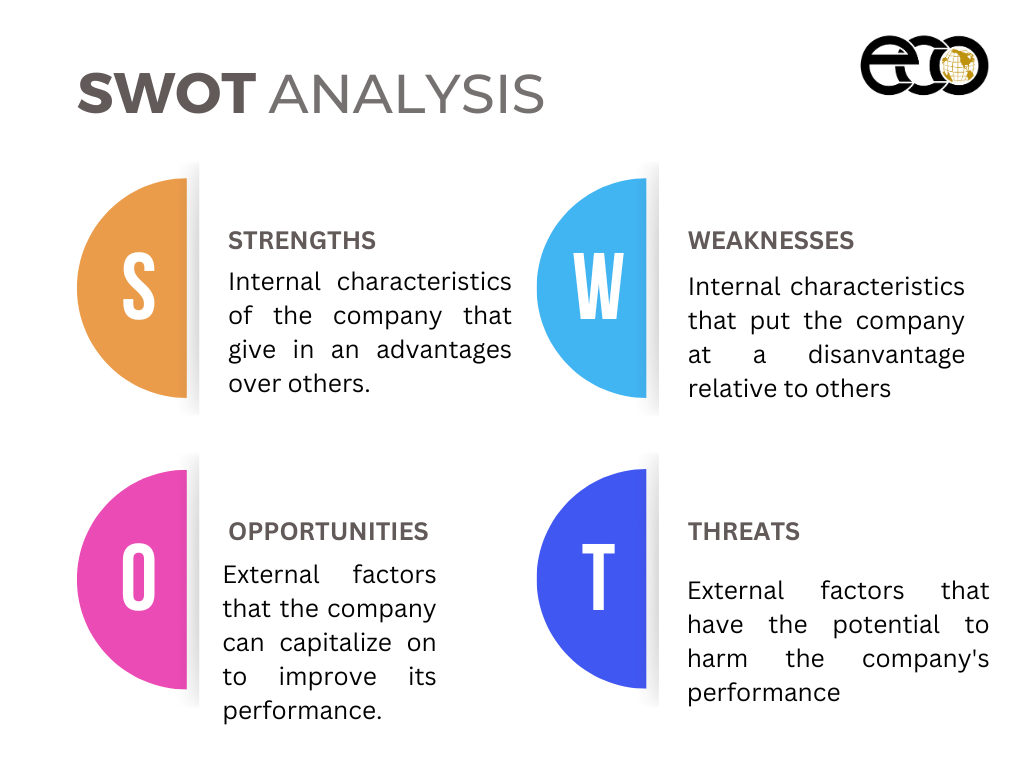ISO 27001
Information is critical to the operation and may even be critical to the survival of your organization. Having ISO/IEC 27001 certification helps you manage and protect your valuable information assets. ISO/IEC 27001 is the only auditable international standard that defines the requirements for an information security management system (ISMS). This international standard adopts a process approach to the creation, implementation, operation, monitoring, review, maintenance, and improvement of an Information Security Management System (ISMS).
The process approach to information security management described in this international standard encourages users to emphasize the importance of:
- Understanding an organization’s information security requirements and the need to establish an information security policy and its objectives.
- Implementing and operating controls to manage an organization’s information security risks within the framework of its overall business risks.
- Monitoring and reviewing the performance and effectiveness of the ISMS.
- Ensuring continual improvement based on objective measurement.
The ISMS is designed to ensure the selection of appropriate and proportionate security controls that protect information assets and provide assurance to stakeholders, especially customers. ISO/IEC 27001 is a standard suitable for any organization, large or small, and in any industry. The standard is of particular interest if information protection is critical, such as in finance, healthcare, public sector, and information technology (IT). ISO/IEC 27001 can also be used to assure customers that their information is protected.
A certified ISMS can bring benefits to the organization:
- It ensures that internal controls meet corporate governance and business continuity requirements.
- Provides a competitive advantage by meeting contractual requirements and demonstrating to customers that the security of their information is paramount.
- Verifies that the organization’s risks are properly identified, assessed, and managed.
- Formalizes information protection processes, procedures, and documentation.
- Demonstrates the organization’s management commitment to information security.
- Periodic evaluations help to continuously monitor performance and best practices.













